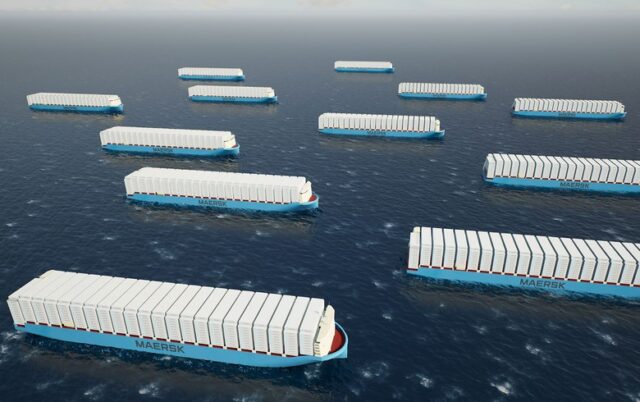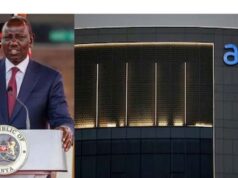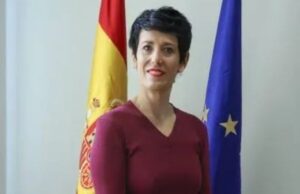
(3 minutes read)
Egypt signed an agreement with the new C2X company of Denmark for a $3 billion investment in the port area of Sokhna to produce green methanol for bunkering ships.
Egypt signed an agreement with the new C2X company of Denmark for a $3 billion investment in the port area of Sokhna to produce green methanol for bunkering ships. The decarbonization of maritime transport is set to accelerate worldwide over the next few years. And Egypt, home to the Suez Canal through which 10% of the world’s maritime trade passes, has its part to play. The authorities in this North African country have just given C2X the green light to implement a green methanol production project at the Sokhna port site, in the Suez Canal Economic Zone.
C2X will work with the General Authority of the Suez Canal Economic Zone (SCZONE), the Sovereign Wealth Fund of Egypt (TSFE), the New and Renewable Energy Authority (NREA), and the Egyptian Electricity Transmission Company (EETC) to set up facilities capable of producing 300 kg of green methanol per year in the first phase. This capacity will subsequently be increased to one million tonnes per year, “given that the project site has the elements that make it well suited to this venture”, says SCZONE.
This is an important step in our efforts to ensure the global transition to green fuels. Egypt has many natural advantages that support a world-class green methanol project, including access to high-quality renewable energy and proximity to the Suez Canal, the most important waterway for global trade, stated Brian Davis, Managing Director of C2X.
In Denmark, A.P. Moller Holding launched C2X Ltd, a new independent company to build, own, and operate assets to produce green methanol at scale. This happened in conjunction with the naming ceremony of “Laura Mærsk” – the world’s first methanol-enabled container vessel – held in the Port of Copenhagen, Denmark The majority share owned by A.P. Moller Holding and the minority owned by A.P. Moller-Maerskthe company. Shipowner A.P. Møller – Mærsk intends to use this solution to decarbonize its fleet of container ships plying the world’s seas.
As part of this strategy, A.P. Møller – Mærsk carried out its first green methanol bunkering operation in Port Said last September. The six-hour operation was carried out by OCI Global, one of the world’s largest producers of nitrogen fertilizers, which is now exploring green hydrogen and its derivatives as a means of decarbonizing several sectors of the global economy. The shipowner says it has already ordered 25 container ships capable of running on green methanol, which will join its fleet at the start of the first quarter of 2024. A.P. Møller – Mærsk aims for carbon neutrality in its operations by 2040.
Read Also:
https://trendsnafrica.com/egypt-to-host-barcelona-convention-on-environment-in-2025/
https://trendsnafrica.com/italian-company-eni-to-inject-us7-7-billion-investment-in-egypt/
https://trendsnafrica.com/heatwave-forces-egypt-to-resort-to-power-cuts/
Methanol is a colourless liquid that can be used as a fuel source for engines. It’s designated as green when made from low-carbon sources such as hydrogen or biomass. Compared to conventional fuels like gasoline or diesel, green methanol can cut CO2 emissions by 60-95 per cent, according to the Methanol Institute. It also has a lower sulphur content, reducing emissions of sulphur oxides which contribute to air pollution.







